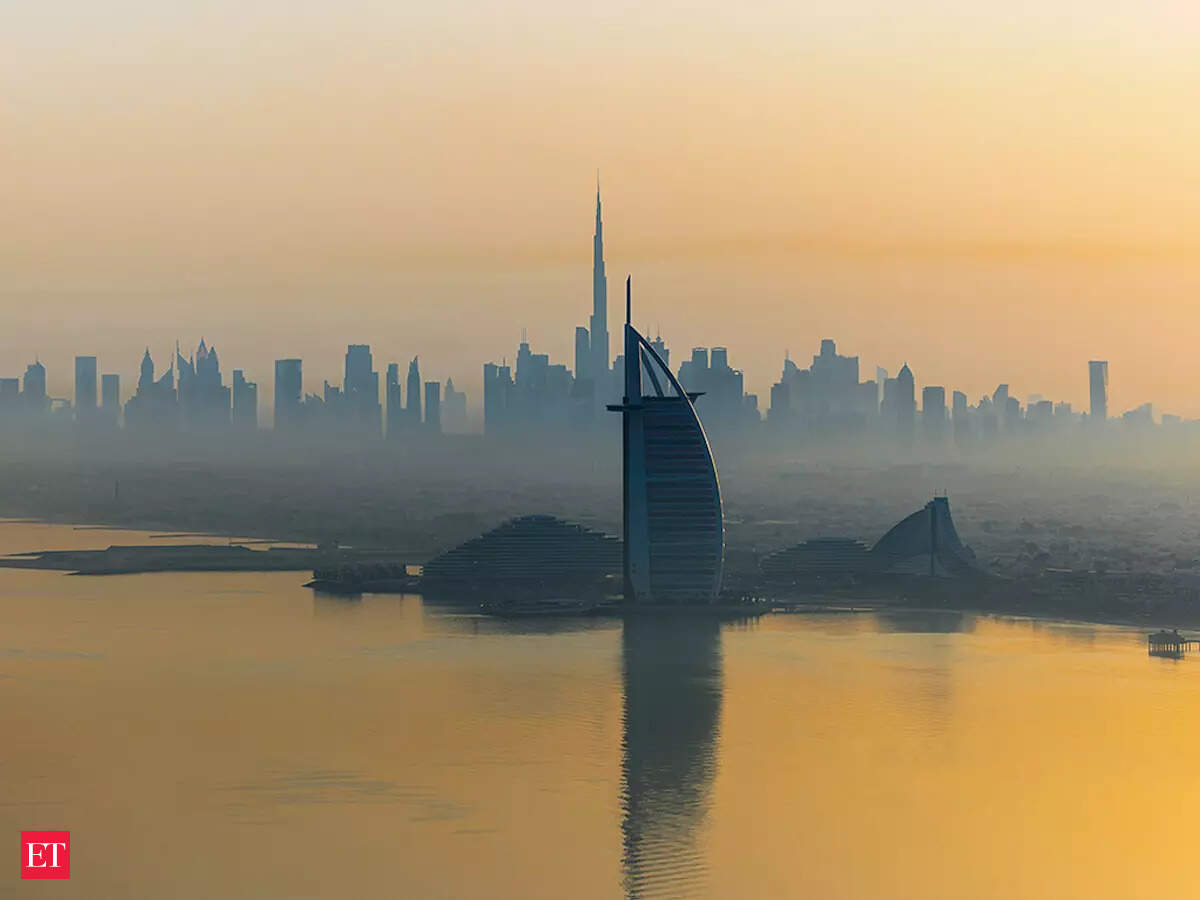
In the ever-evolving landscape of global trade, Dubai has established itself as a premier logistics and supply chain hub. Abdulla Al Hashmi, CEO of Parks and Zones at DP World GCC, states, “Dubai is the best place to launch and test a product. Its diverse base of over 200 nationalities provides a large, dynamic sample pool to test innovations, and its cutting-edge infrastructure allows businesses to scale globally.” This sentiment is echoed by Rishab Kapoor, Founder of Ray Holding, who notes that Dubai’s ecosystem offers not only a strategic location but also a robust infrastructure, policy framework, and geopolitical positioning that attract global enterprises.
Central to this ecosystem is the seamless integration of sea, air, and land transport, embodied in the Dubai Logistics Corridor. Al Hashmi emphasizes this potential, highlighting that with Jebel Ali Port, Al Maktoum International Airport, and a comprehensive network of roads and industrial zones, Dubai connects to over 300 cities worldwide, representing 65% of global GDP and 3.5 billion consumers.
Dubai’s logistics capabilities are validated by global metrics, as the UAE ranks seventh in the 2023 World Bank Logistics Performance Index, with a score of 4.0. This reflects Dubai’s efficient customs operations and high service quality.
Three core pillars drive Dubai’s rise as a logistics powerhouse:
- Strategic Location and World-Class Infrastructure: Positioned at the crossroads of Asia, Europe, and Africa, Dubai benefits from its logistical advantages. The Jebel Ali Port, recognized as one of the world’s busiest ports, and Al Maktoum International Airport, paired with special economic zones (SEZs), create fertile ground for ancillary businesses. In 2019, Jebel Ali clients generated a trade value of $99 billion, which is projected to reach $190 billion by 2024.
- Policy Innovation and Digital Transformation: The Dubai Economic Agenda is pivotal for its diversification strategy, aiming to double the logistics sector’s contribution by 2030. Technological advancements, including automation, AI, and blockchain, are redefining the landscape, enabling DP World to evolve into a multi-modal infrastructure provider.
- Geopolitical Influence and Expanding Trade Agreements: Dubai’s position is further strengthened by the UAE’s geopolitical stature and trade agreements like the Comprehensive Economic Partnership Agreement (CEPA), eliminating customs duties and fostering trade growth.
Kapoor points to Dubai South as a future-ready ecosystem, designed to support the next phase of supply chain evolution, providing essential facilities for aviation and logistics.
Indian businesses stand to gain significantly from Dubai’s logistics expansion. Saurabh Goyal, CEO of Xindus, emphasizes reduced tariffs and fast customs clearances that make Dubai a strategic staging ground for Indian goods heading to Africa and Europe. Initiatives like Bharat Mart will enhance trade connectivity for Indian companies, providing streamlined access to Dubai’s infrastructure.
As global supply chains face disruptions, Dubai’s strategic investment in infrastructure, digital innovation, and a conducive business environment reflects its commitment to being a leader in global trade. Its ports, airports, and free zones are increasingly attracting diverse businesses, making it a pivotal player in the logistics sector.



